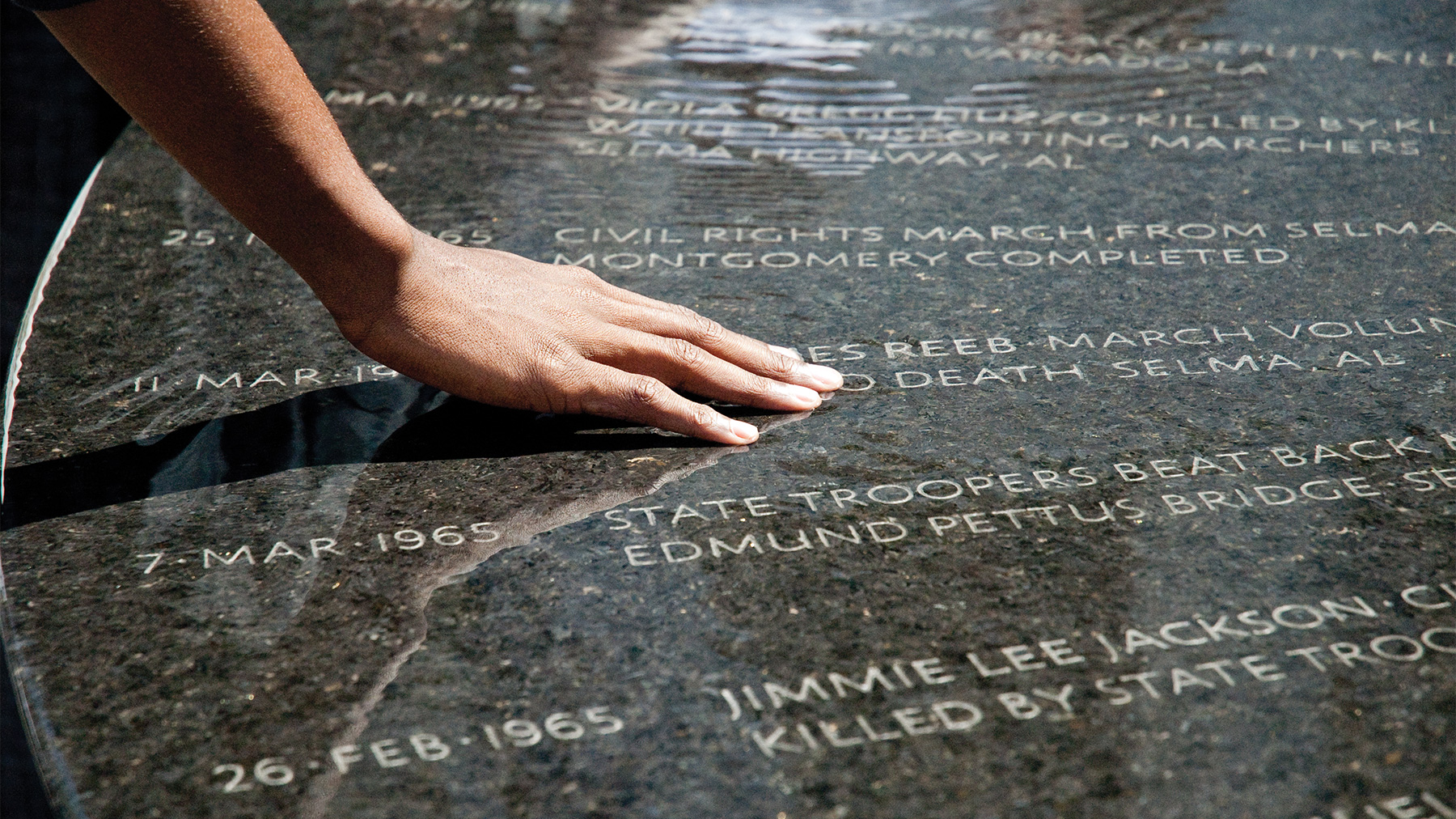Montgomery, Ala.– Alabama’s panhandling laws violate the First Amendment’s protection of free speech, a federal judge ruled Wednesday in a lawsuit brought against the state by the Southern Poverty Law Center, ACLU of Alabama and the National Homelessness Law Center.
Current state law makes it illegal for anyone to panhandle and those who do can face fines or jail time. Three people who are homeless and engage in panhandling, Jonathan Singleton, Ricki Vickery and Micki Holmes sued, arguing that the laws were unconstitutional, after collectively being arrested or ticketed dozens of times for panhandling. U.S. District Judge W. Keith Watkins agreed with the plaintiffs, issuing a preliminary injunction that prohibited the enforcement of the panhandling laws. Watkins said in his ruling that the plaintiffs were likely to succeed when a final ruling is issued in the case because the laws violate their First Amendment rights to panhandle.
The remaining defendants are Derrick Cunningham, the sheriff of Montgomery County, and Hal Taylor, the secretary of the Alabama Law Enforcement Agency. Both were sued in their official capacity. Plaintiffs settled their lawsuit with the City of Montgomery last year after the City agreed to stop arresting or ticketing people for panhandling, to drop all outstanding charges against people for panhandling in the Montgomery Municipal Court, and to waive any outstanding fines and costs owed.
The following is a statement from Micah West, senior staff attorney for the SPLC’s Economic Justice Project.
“Hundreds, if not thousands of people are getting arrested or fined every year in Alabama because of these inhumane and unconstitutional laws. People who are homeless need help, but instead we’re arresting them and charging them fines that they can’t pay. Although the court’s ruling applies only to the Montgomery Sheriff and state police, this ruling should be a warning shot to sheriffs and police departments across the state that they may face litigation unless they immediately stop criminalizing people who are experiencing homelessness and panhandling.”
The following is a statement from Tish Gotell Faulks, Legal Director at ACLU of Alabama.
“Once again, a court has reiterated that panhandling laws are an unconstitutional attack on free speech. The outcome here is no surprise, nor should it be for the public servants who pledge an oath to protect the rights and freedoms of even the most vilified people in our communities, those who struggle with housing insecurity and extreme poverty. This decision once again admonishes our leaders by declaring that criminalizing poverty is never a solution.”
The following is a statement from Tristia Bauman, senior attorney at the National Homelessness Law Center.
“This decision adds to a large and growing number of cases nationwide affirming the free speech rights of people experiencing poverty and homelessness. Rather than criminalizing free speech, which is unconstitutional, governments should address the underlying causes of poverty and homelessness.”
The ruling can be read here.
###
The Southern Poverty Law Center is a catalyst for racial justice in the South and beyond, working in partnership with communities to dismantle white supremacy, strengthen intersectional movements, and advance the human rights of all people. For more information, visit www.splcenter.org.
The American Civil Liberties Union of Alabama is freedom’s watchdog; we work in the courts, legislature and communities to defend the individual rights and personal freedoms guaranteed to us by the Constitution and the Bill of Rights.
The National Homelessness Law Center (the Law Center) is a national organization dedicated solely to using the power of the law to prevent and end homelessness. With the support of a large network of pro bono lawyers, we address the immediate and long-term needs of people who are homeless or at risk through outreach and training, advocacy, impact litigation, and public education.



